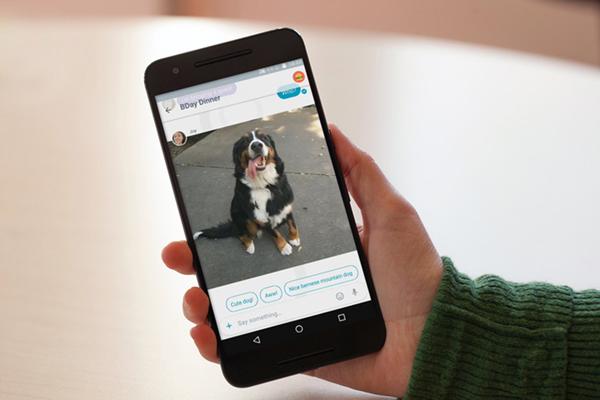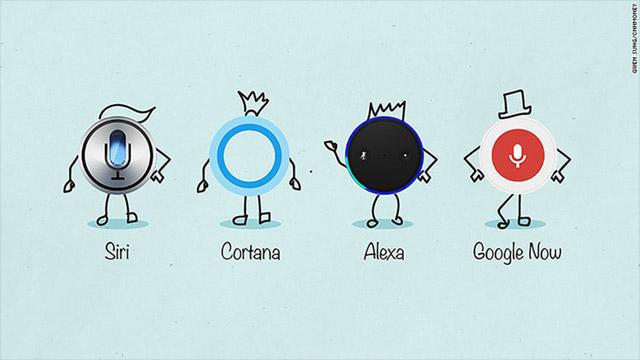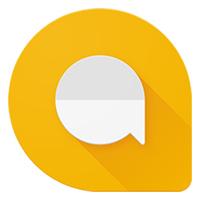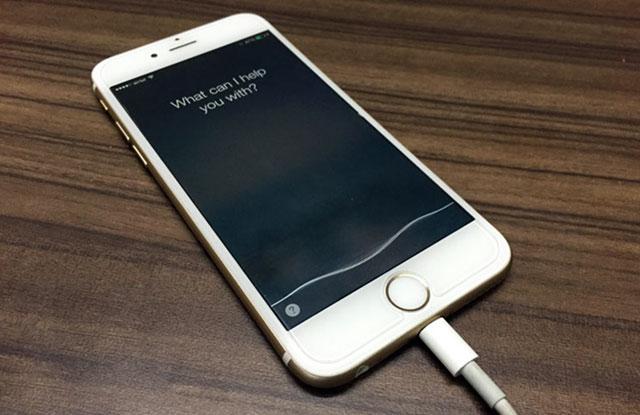You are here
Google announces messaging app and personal assistant
By The Mercury News (TNS) - May 21,2016 - Last updated at May 21,2016

Photo courtesy of digitaltrends.com
MOUNTAIN VIEW, California — Google announced four major new products, from a messaging app called Allo to a personal helper called Google Assistant, at its 10th annual developers conference Wednesday.
Each new offering will compete against established and developing products from Google competitors Apple, Microsoft, Amazon and Facebook.
“We are at a pivotal moment in terms of where we are going as a company,” Google CEO Sundar Pichai told more than 7,000 people at Google I/O. “It is truly the moment of mobile. There are over 3 billion people connected and they are using the Internet in ways we have never seen. They live on their phone.”
Three out of four of Google’s new products are focused on mobile devices, while the fourth, a home-based virtual assistant, is a piece of hardware powered by artificial intelligence.
The I/O conference attracts software developers who work with Google platforms across a host of fields and business sectors.
Google’s new messaging app Allo will use language recognition and artificial intelligence to advance its understanding of a particular user’s speech, habits and preferences. “It learns over time, to make conversations easier, more expressive, and more productive,” said Google engineering director Erik Kay. “Allo uses machine learning to suggest replies on the fly, anticipating what you might want to say.”
Users can search within the app, eliminating the need to go back and forth between messaging and search apps during a chat. Featuring emojis, stickers, a “whisper/shout” slider to convey emotion via text size, and predictive “smart reply” options that pop up with an incoming message or comment, Allo is coming this summer to Android and Apple iOS operating systems.
Allo will compete with Facebook’s Messenger and Apple’s iMessage.
Google also announced “the Google assistant”, intended to give each user “their own individual Google”, Pichai said. “We want to help you get things done in your real world.”
The assistant will respond to voice queries, as well as written text. Like Allo, Google assistant is AI-based, learning user characteristics to customise help offerings. Asking about times for a movie, for example, should trigger the software to present additional movie options a particular user would like, and ultimately buy tickets, Pichai said.
“If I say, ‘Sure, let’s do Jungle Book,’ it should go ahead and get the tickets and have them ready, waiting for me,” Pichai said. “Or, I could’ve asked, ‘Is Jungle Book any good?’ and Google could’ve given me the reviews and maybe showed me a trailer.”
The assistant will compete with Apple’s Siri, Facebook’s M, Amazon’s Alexa, and Microsoft’s Cortana. It will be incorporated into Google’s home-based assistive device, Google Home, which is to be released later this year.
With Home, Google will go up against the device that houses Alexa, Amazon’s home assistant. Home takes voice commands to perform tasks such as streaming music or controlling lights in particular rooms of a house, along with performing searches. “It’s like having a voice-activated remote control to the real world whenever you need it,” said Mario Queiroz, Google vice president of product management.
Taking aim at Apple’s Facetime, and at Microsoft’s Skype, Google’s new Duo video-calling app features “Knock Knock”, a preview function letting people see who’s calling them, and from what surroundings or context. Coming this summer, Duo is intended for use all over the world, and should switch seamlessly between wireless Internet and cellular signals, Kay said.
Related Articles
MOUNTAIN VIEW, California — Google announced on Wednesday it was bringing its digital assistant to Apple iPhones as part of its effort to wi
WASHINGTON — Google took aim Wednesday at the red-hot mobile messaging market, with a new artificial intelligence-powered Allo app that seek
SAN FRANCISCO — Apple’s Siri made a big splash when the wisecracking digital assistant debuted on the iPhone five years ago.

















